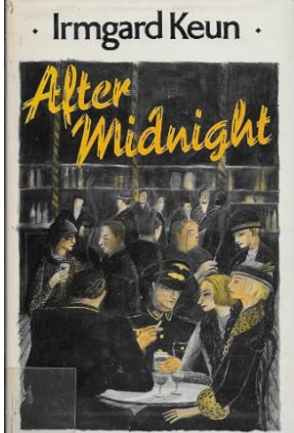Mary Leftowitz - Women in Greek Myth.
Mary Leftowitz. Women in Greek Myth. (United Kingdom: Gerald Duckworth & Co. Ltd, 1986).
As a feminist, Lefkowitz is measured and cautious in her claims. Her book is a study of the representation of women in Greek myth and how they were portrayed in the literary and cultural narratives of ancient Greece.
She dispels the popular second-wave idea that there were ancient matriarchal societies. Greek myth, she says, portrays marriage and motherhood as the conditions most women desire, but also warns of women's ability to deceive men and betray their trust. For real Greek women, virginity was not much of an option since there were dangers in having no male protector and no one to care for you in old age. There were no successful communities of women apart from men or conditions in which women dominated over the other members of society, and Greek men may not have been so concerned with repressing women as with protecting them. She offers Helen as an example of an intelligent woman worth fighting for. She argues that the human condition, rather than gender or biological sex, is the concern of Greek myth. Both men and women are portrayed as victims of passion. She notes that both men and women must accept their roles, although it is difficult.
The goddesses were able to maintain their virginity because Zeus provided them with protection and immunity, whereas human women lacked these advantages. Mortal women had to keep a low profile, stay in the crowd with other women, and undertake women's work to retain celibacy. Most renowned ancient women were aristocrats, and they were related to powerful males. Poetry was written by aristocratic women throughout history, and there was proof of genuine love and respect between husbands and wives. Although they could be brave, women could never be autonomous.
She notes that women poets wrote about female friendships and affection that men did not describe. In many ways, this book is a response and counter-argument to the trend among second-wave feminist scholars to revive theories of matriarchy, matrilineal societies, and mother goddess archetypes.



Comments
Post a Comment